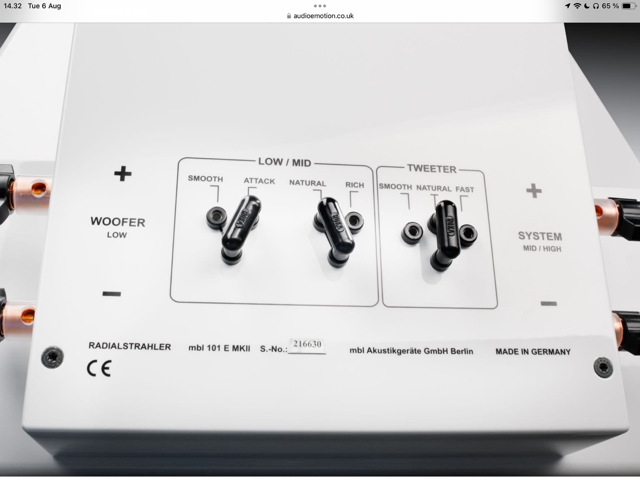Do you mean how did I figure this out or how can it be demonstrated? Or how is an argument won on the internet? All very different ways of looking at this questionJust out of curiosity, how do you prove this exactly?
Again, the knowledge of what the measurements are telling us are not well understood. The reason any amp, not just a class D, can measure well but sound bad is explained by the venerable Daniel von Recklinghausen :So, people in the Middle Ages believed they would have known if the world was spherical, not flat. Similarly, physicists thought Newton's laws could explain the movements of light and subatomic particles until quantum mechanics proved them wrong.
If measurements alone capture everything we hear, then why do well-measuring Class D amps still sound terrible?
If it measures good and sounds bad, -- it is bad. If it sounds good and measures bad, -- you've measured the wrong thing."
In the case of the alleged class D, what measurements were shown looked pretty 'good' (which is clearly open to interpretation) according to you. I'm guessing not enough of the measurements were shown and I've found that quite often even the people doing the measurements don't know what they imply. This knowledge is even more lacking in the marketplace!
I used the prior example of John Atkinson measuring the MBL amplifier as an example. Clearly he didn't understand what it means when distortion rises with frequency. I don't really expect that of him since he's not known for amplifiers he designed. I have been saying here what that measurement means (whether anyone wants to take advantage of that is another matter...). Go and look at the measurements of the alleged class D amp and see if that one shows up.
















